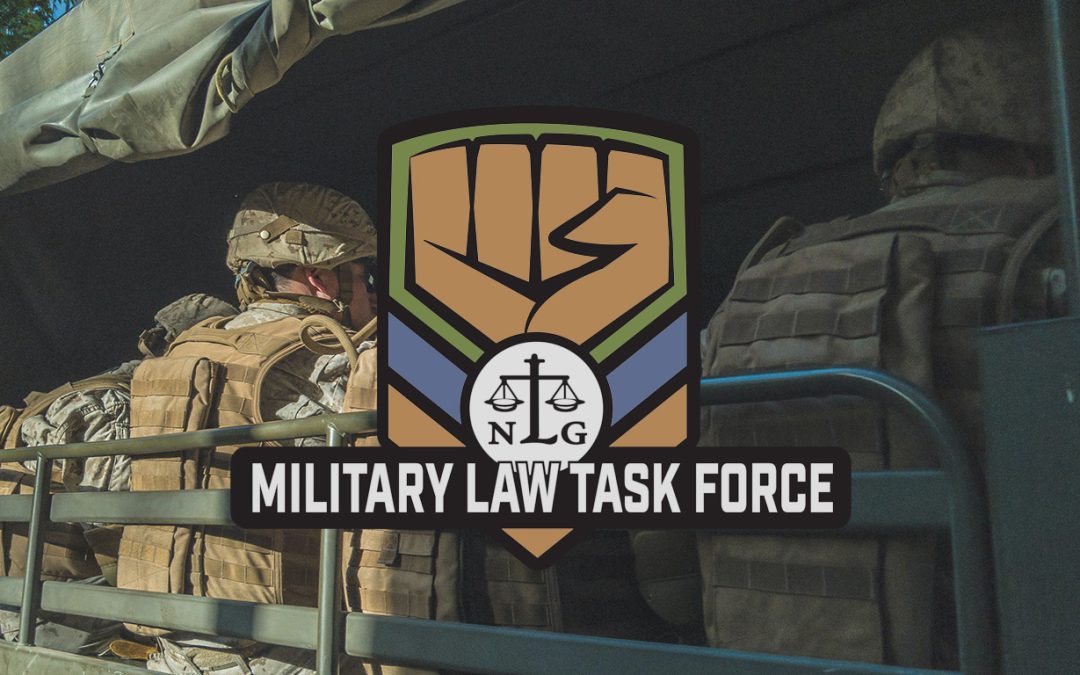By David Gespass
On May 17, 2017, Chelsea Manning walked out of Fort Leavenworth thanks to the commutation of her sentence by outgoing President Barack Obama. The seven years she spent in confinement were far less than the 35 she was sentenced to, but far more than was warranted. It is more cause for relief than celebration that, after being subjected to inhuman and degrading treatment for much of her time in confinement, she was finally released. At the same time, those who approved of and carried out the infamous “Collateral Murder”[1] video of U.S. personnel strafing and killing two Reuters reporters and nine others, some of whom were trying to assist the original victims were never charged or disciplined as the undeclared war raged on.
If motive were a factor in sentencing, Manning would not have served a day. What she did, while ruled a violation of the Uniform Code of Military Justice, was done out of a justified sense of outrage of what was being done in all our names by the U.S. military. One can argue about whether she could have found a better way to address the wrongs she saw. But one cannot dispute that her motives were selfless. What was learned from the video was something the U.S. military refused to provide to Reuters – an answer to what had happened to their correspondents. In any rational world, the sin of stonewalling the fate of the reporters by the U.S. would be deemed far more, as it were, deadly than Manning’s sin of revealing it.
While in confinement, Manning suffered through months of solitary confinement and was then placed in a men’s prison despite her diagnosed gender dysphoria. She was eventually allowed to change her name and have limited hormone therapy, thanks to public pressure and legal action. Until she was released, however, she remained incarcerated with men and was forced to conform to male grooming requirements. In short, she was not merely confined, but she was subjected to conditions that aggravated her situation, even leading to two attempted suicides.
With it all, we rejoice at her release, but our rejoicing must be tempered by the cruel reality that she suffered far too much for revealing the truth. It must be tempered by our recalling that other political prisoners, like Leonard Peltier, still languish in prison. It must be tempered by our recalling the unknown number of innocents who have been killed by U.S. drones. It must be tempered by our recalling that U.S. aggression creates more “terrorists” than it kills. And it must be tempered by recalling that Chelsea Manning suffered for standing up against the American war machine.
Thus, it is not enough for us to have joined in celebrating her release. It is our duty to take up the banner and to engage in the fight against U.S. imperialism, to save future Chelsea Mannings from having to decide between principle and liberty. We wish her well as she embarks on her new life, as a woman at liberty, however scarred by her ordeal.
David Gespass is former president of the National Lawyers Guild and a member of the NLG Military Law Task Force steering committee.



